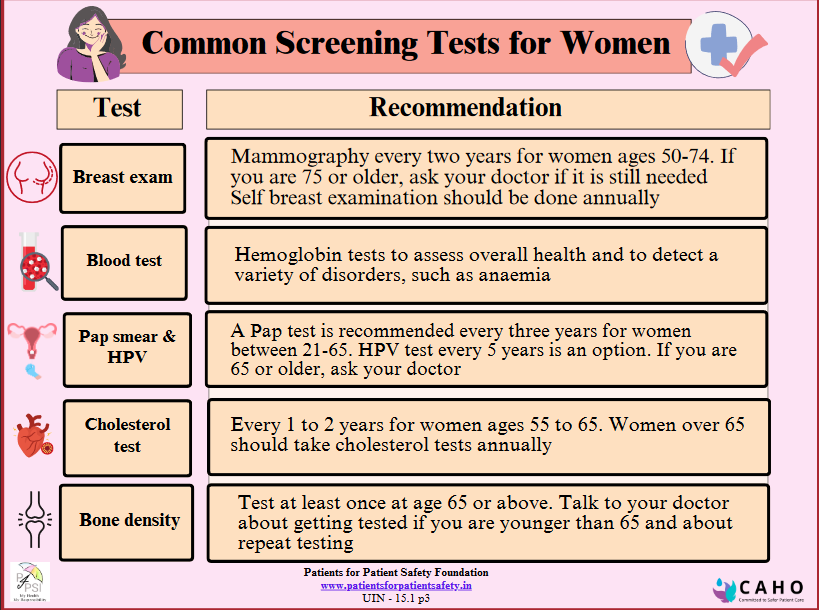
Ovarian Cancer - Symptoms, Detection and Treatment
Introduction to Ovarian Cancer
Ovarian cancer occurs when abnormal cells in the ovaries grow and multiply quickly which destroys healthy body tissue. Ovaries are part of the female reproductive system. These two round, walnut-sized organs make eggs during the reproductive year. Most of the time the symptoms of ovarian cancer are silent and it happens only in advanced stages This makes this cancer more dangerous. However, if detected early the chances of survival are far higher

Signs and Symptoms of Ovarian Cancer:
- Abdominal bloating or swelling
- Discomfort in the pelvic area
- Fatigue
- Back pain
- Changes in bowel habits, such as constipation
- A frequent need to urinate
Consequences of Ovarian Cancer:
Metastasis is a critical concern in untreated ovarian cancer, as the disease can spread to nearby organs, tissues and distant parts of the body such as the abdomen, liver and lungs. This not only leads to a more extensive disease and reduces survival rates.
Who is at risk:
- Age:Being over the age of 60 or post-menopausal stage
- Reproductive factors: Women who have never been pregnant or had their first full-term pregnancy after the age of 35 may be at a higher risk.
- Hormone Replacement Therapy (HRT): )Long-term use of oestrogen hormone replacement therapy after menopause may increase the risk.
- Family history of ovarian cancer: If you have blood relatives who have been diagnosed with ovarian cancer, you may have an increased risk of the disease. A genetic test BRC 1 and BRCA2 test can help in predicting ovarian cancer
How to reduce the risk of Ovarian Cancer:
- Consider taking birth control pills: Taking birth control pills reduces the risk of ovarian cancer. But these medications do have risks, so discuss whether the benefits outweigh those risks based on your situation.
- Pregnancy and breastfeeding:Women who have been pregnant and breastfeed their children may have a lower risk.
- Healthy lifestyle: Adopting a healthy lifestyle that includes regular exercise, and maintaining a healthy weight may contribute to overall well-being and potentially reduce cancer risk.
Diagnosis and Tests for Ovarian Cancer:
- Abnormal blood tests with high levels of a protein called CA 125
- Pelvic ultrasound.
- MRI (magnetic resonance imaging)
- CT scan (computed tomography)
- PET scan (positron emission tomography)
Treatment options for Ovarian Cancer:
Your doctor will decide the treatment option based on your stage, age and other health conditions:
- Surgery:This typically involves the removal of reproductive organs and any organ that has cancer in it.
- Chemotherapy Your healthcare provider may recommend chemotherapy either before or after surgery. Chemotherapy are drugs designed to target and kill cancerous cells.
- Targeted therapy This cancer treatment uses drugs to identify and attack cancer cells. Targeted therapy changes the way cancer cells grow and divide.
Additionally, early detection is crucial for improving outcomes in ovarian cancer.

 Back
Back